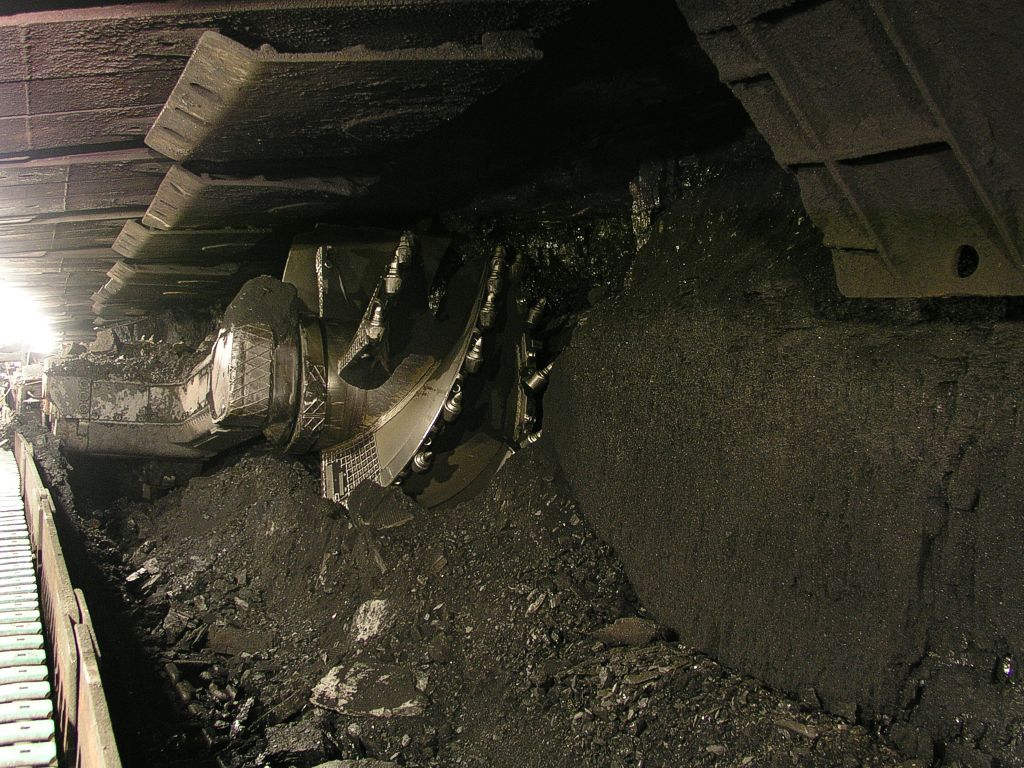Polish energy company Enea plans to build a 30 MW solar park to power coal mining activity at the Bogdanka mine near Łęczna, in the southeastern province of Lesser Poland.
Enea, the majority shareholder of the Lubelski Węgiel Bogdanka S.A. company which owns the mine, said the solar facility will power operations through a long-term power purchase agreement.
The 55ha solar park will generate up to 30,000 MWh of electricity per year. “The photovoltaic farms that will be established in our areas will supply clean production processes in the mine, contribute to reducing our fixed costs and increase our competitiveness,” the company said in a statement.
The use of large scale PV plants to power mines is gaining traction in Poland. State-owned utility Polska Grupa Energetyczna last month signed a letter of intent with silver and copper producer KGHM Polska Miedź SA to deploy 500 MW of solar generation capacity on the miner’s sites. In August, energy company Tauron Polska Energia SA announced a plan to install ground-mounted PV at its disused sites. Electricity provider Zespół Elektrowni Pątnów-Adamów-Konin SA said in November it would deploy a large scale PV plant at a depleted area of the extensive Adamów brown coal mine in Turek county.
Coal still king
Poland’s dependence on coal for 80% of its electricity demand ensures it remains Europe’s most polluting country even as mining interests acknowledge the business case of solar by opting for the renewable energy source to power operations.
Wholesale electricity prices in Poland are on the rise due to the higher costs of coal. In response, the Polish government in late June introduced an amendment to the act regulating energy prices which froze the tariff for households and small businesses, hospitals and public sector finance units for 2019.
Renewable energy holds the key to reining in energy bills, according to Polish clean energy group the Instytut Energetyki Odnawialnej (IEO). The organization has published analysis which suggests a coal and nuclear-based power system could see prices rise 30% by 2030 and 60% by 2050. By contrast, the IEO report predicted long-term price rises linked to renewables would top out at 1.5-2%
The Polish government intends to reduce its reliance on coal in the electricity mix to 60% by 2030 and around 50% by 2050, a modest aim which would limit the European Union’s mooted aim of a carbon-neutral economy by the latter date.
This content is protected by copyright and may not be reused. If you want to cooperate with us and would like to reuse some of our content, please contact: editors@pv-magazine.com.




1 comment
By submitting this form you agree to pv magazine using your data for the purposes of publishing your comment.
Your personal data will only be disclosed or otherwise transmitted to third parties for the purposes of spam filtering or if this is necessary for technical maintenance of the website. Any other transfer to third parties will not take place unless this is justified on the basis of applicable data protection regulations or if pv magazine is legally obliged to do so.
You may revoke this consent at any time with effect for the future, in which case your personal data will be deleted immediately. Otherwise, your data will be deleted if pv magazine has processed your request or the purpose of data storage is fulfilled.
Further information on data privacy can be found in our Data Protection Policy.